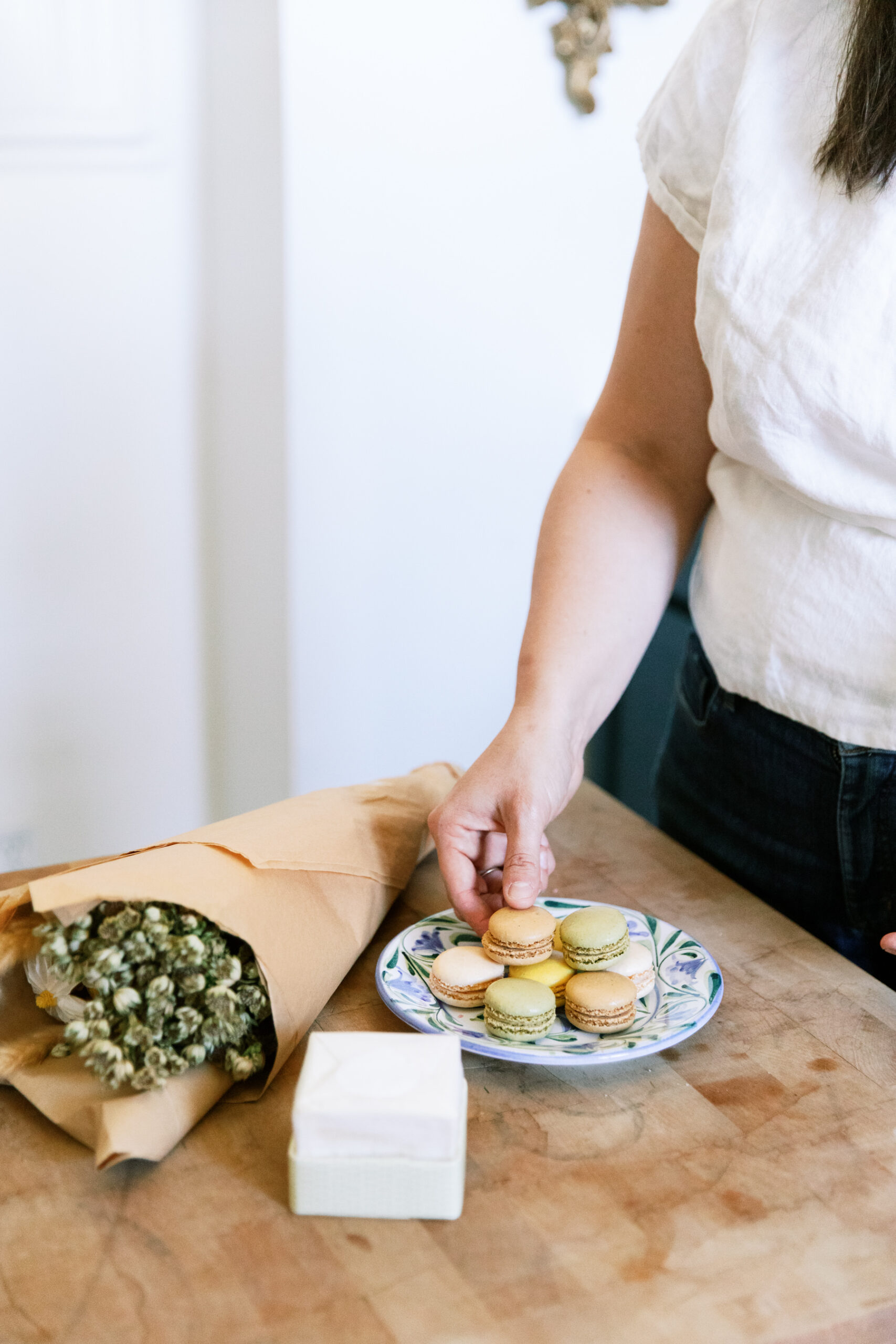We’ve all been there—sitting at our desks or lounging on the couch, feeling a wave of boredom wash over us. It’s during these moments that the refrigerator seems to call our name, tempting us with the promise of a quick distraction.
Understanding Boredom Eating
Boredom eating, also known as emotional eating, is a psychological response to feelings of boredom rather than true hunger. It often involves reaching for comfort foods or snacks to fill a void, provide a distraction, or alleviate feelings of monotony. The act of eating becomes a way to escape from the boredom temporarily.
Key Features of Boredom Eating
- Mindless Consumption: Boredom eating often involves eating without paying full attention to the food, leading to overconsumption.
- Craving Comfort Foods: People tend to crave familiar, comforting foods when bored, such as sweets, chips, or other indulgent treats.
- Lack of Hunger Signals: Boredom eating is not driven by physical hunger cues but rather by the desire for stimulation or distraction.
- Emotional Connection: Boredom eating can be linked to emotional states, with food serving as a way to cope with feelings of restlessness or dissatisfaction.
Tips to End Boredom Eating
Although there is nothing fundamentally wrong with eating when you are bored, it doesn’t make us feel that great (physically and mentally). Let’s explore the reasons behind boredom eating and discuss practical tips to break free from the cycle of turning to food when boredom strikes.
Identify Triggers
Take note of when boredom eating tends to occur. Is it during work breaks, while watching TV, or when feeling stressed? Identifying triggers is the first step in addressing the behavior.
Find Alternative Activities
Instead of reaching for snacks, engage in activities that stimulate your mind or body. Consider going for a walk, reading a book, practicing mindfulness, or pursuing a hobby.
Create a Structured Routine
Establishing a routine with designated meal and snack times can help reduce the impulse to eat out of boredom. Knowing when your next meal is coming can provide a sense of structure.
Mindful Eating
Practice mindful eating by savoring each bite and paying attention to the flavors and textures of your food. This can enhance your awareness of what and how much you’re eating.
Emotional Awareness
Reflect on your emotions and address the root cause of boredom. Finding alternative ways to cope with emotional states, such as stress or dissatisfaction, can help break the connection between emotions and eating.
Breaking the cycle of boredom eating requires self-awareness, mindful choices, and the development of alternative coping mechanisms. By identifying triggers, engaging in alternative activities, and fostering a healthier relationship with food, individuals can overcome the urge to snack when boredom strikes. Remember, it’s not about depriving yourself but rather finding fulfillment and enjoyment in activities that nourish both your body and mind.
The Best Guided Journals To Start A Journaling Practice
Just so you know, I do review everything I recommend. When you buy through links on this page, we may earn a commission.
A widely acclaimed guided journal designed for daily gratitude and self-reflection. This journal prompts users to express gratitude, set positive intentions, and reflect on daily achievements, fostering a positive mindset.
“Start Where You Are: A Journal for Self-Exploration” by Meera Lee Patel
This beautifully illustrated guided journal encourages self-exploration through a series of thought-provoking prompts, creative exercises, and inspirational quotes. It’s a visually engaging journey of self-discovery.
“365 Days of Wonder: Mr. Browne’s Precepts” by R.J. Palacio
Inspired by the best-selling novel “Wonder,” this guided journal offers daily precepts, quotes, and prompts to encourage kindness, empathy, and reflection. It’s a heartwarming and insightful companion for personal growth.
Geared towards promoting mindfulness and reducing stress, this journal includes daily prompts for meditation, gratitude, and reflections on the present moment. It’s an ideal tool for those seeking a more centered and mindful lifestyle.
“Bullet Journal Method” by Ryder Carroll
While not a traditional guided journal, Ryder Carroll’s method has gained immense popularity. The Bullet Journal is a customizable organizational system that combines to-do lists, calendars, and reflections, offering a flexible and personalized approach to journaling. Click here for a bullet journal.
“The Artist’s Way Morning Pages Journal” by Julia Cameron
Based on Julia Cameron’s transformative book, “The Artist’s Way,” this journal encourages the practice of “morning pages” – three pages of longhand, stream-of-consciousness writing every morning. It’s a tool for unlocking creativity and overcoming creative blocks.
“52 Lists Project” by Moorea Seal
This guided journal provides a year’s worth of weekly list prompts designed to inspire self-reflection, gratitude, and personal growth. Each list is thoughtfully curated to explore different aspects of your life and goals.
Targeted at those seeking stress relief and emotional balance, this guided journal combines mindfulness exercises, prompts for self-reflection, and spaces for creative expression. It’s a holistic approach to calming the chaos in daily life.
Perfect for those who prefer a long-term commitment, this journal offers a daily question for five years, allowing users to track their thoughts and experiences over time. It’s a unique way to witness personal growth and changing perspectives.
Ryann Nicole
Licensed Therapist, Certified Nutritionist, and Virtual Wellness Coach
Ryann is a licensed therapist and virtual wellness coach who has assisted individuals worldwide in establishing a healthier relationship with food and their bodies.
Are You Ready to Heal Your Relationship With Food?
I understand—it can be overwhelming to figure out where to begin. Let's simplify things and have you start right here:
Why Am I Overeating?
First Steps To Stop Binge Eating
The Food Freedom Lab Podcast
FREE QUIZ
FREE GUIDE
Podcast
the food freedom lab podcast



